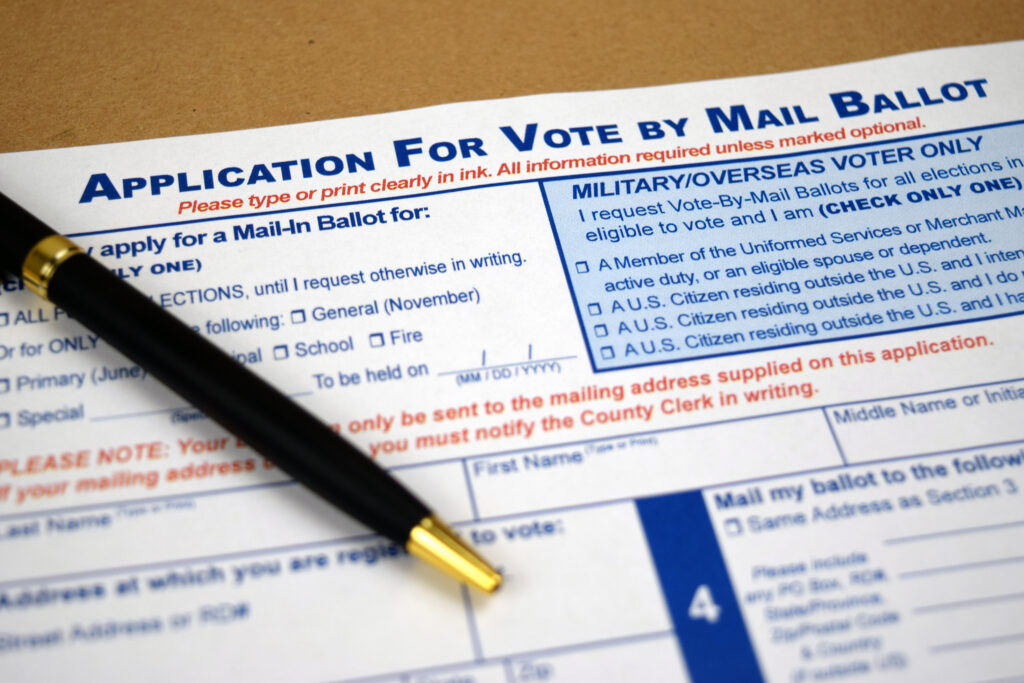Federal Court Rejects GOP Bid To Restrict Pennsylvania Military and Overseas Voting

A federal judge tossed out a lawsuit from six GOP Pennsylvania congressmen that could have jeopardized the ability of military and overseas voters to have their ballots counted in the upcoming election.
Judge Christopher C. Conner determined that the lawmakers’ bid to impose new identification requirements on military and overseas voters came too close to the Nov. 5 general election, which is exactly one week away. As of late September, the commonwealth had already sent out over 25,000 ballots to military and overseas voters in the critical swing state.
Courts in North Carolina and Michigan also rejected the GOP’s attempt to block certain overseas voters.
Sign up for our free newsletters so you never miss a new lawsuit or court decision that could impact voter eligibility and turnout this election season.
“The individual plaintiffs—each of whom successfully sought federal office several times after the relevant statutes took effect…provide no good excuse for waiting until barely a month before the election to bring this lawsuit,” Connor’s order reads.
The six Republican U.S. House members who signed onto the lawsuit alleged that Pennsylvania is unlawfully exempting military and overseas absentee voters from submitting proof of identification in violation of a federal law known as the Help America Vote Act (HAVA). However, Connor’s Tuesday order noted that private plaintiffs do not have the right to sue under HAVA.
In their complaint, the members of Pennsylvania’s congressional delegation — all of whom refused to certify the results of the 2020 election — said the state’s exemption creates opportunities for election fraud, foreign interference and invalid votes that “could change the result of a close Congressional election.”
But Connor — a George W. Bush appointee — said that “plaintiffs cannot rely on phantom fears of foreign malfeasance to excuse their lack of diligence” in “bringing the instant challenge for more than two years after the State Department promulgated its guidance” regarding overseas voters.
The Democratic National Committee — which sought involvement in the litigation — criticized the Republicans’ eleventh-hour legal maneuver as an attempt to disenfranchise tens of thousands of eligible Pennsylvanians serving in the military or residing overseas.
In the 2020 presidential election, Pennsylvania received nearly 27,000 absentee ballots from voters covered by the federal Uniformed and Overseas Citizens Absentee Voting Act (UOCAVA). According to Pennsylvania officials, the commonwealth has exempted its UOCAVA voters from identification requirements since 2012.
Aside from arguing that UOCAVA voters must provide identification in accordance with HAVA, the Republican plaintiffs asked the court to set aside UOCAVA ballots “returned for the 2024 election until the identity and eligibility of the applicant can be verified.”
The legal action came amid other novel Republican-led challenges to military and overseas voting in other battleground states like Michigan and North Carolina, all of which were rejected by courts over the last few weeks.